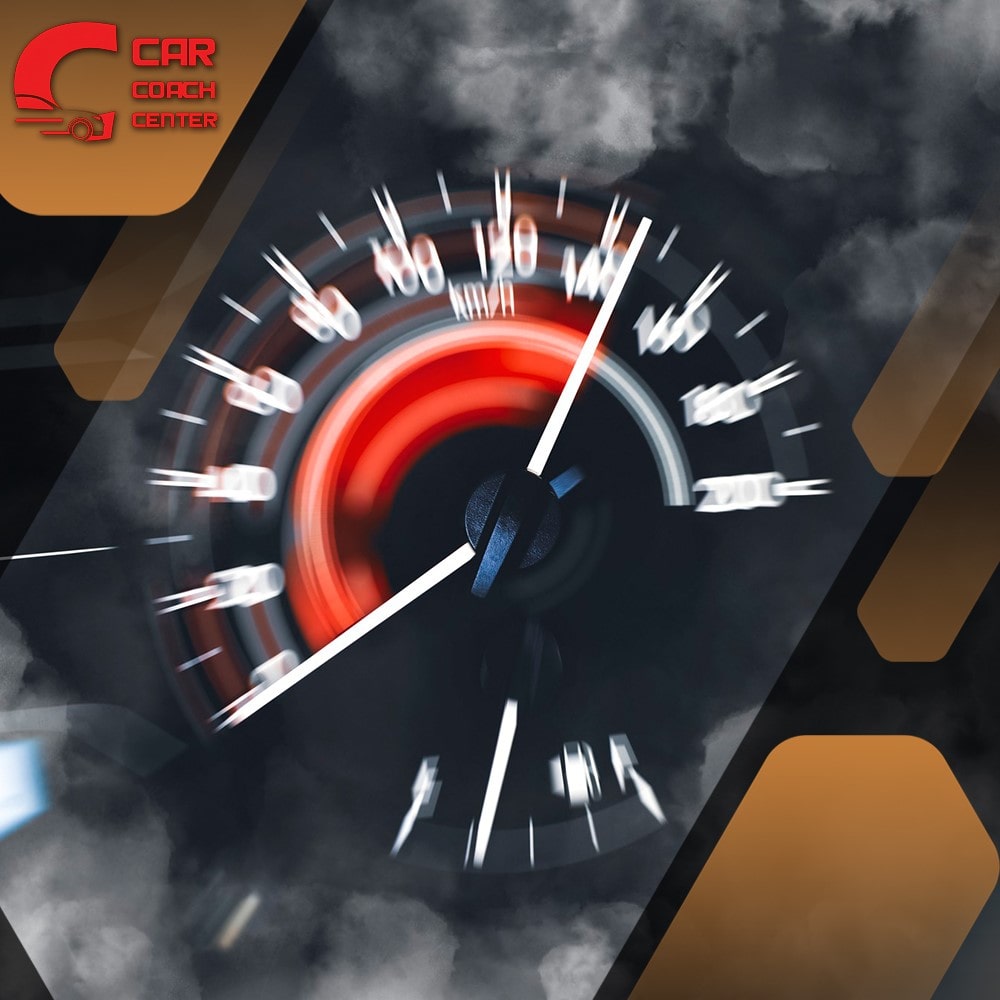Car Shudders When Accelerating Uphill: Causes and Solutions
Experiencing a shudder or shake in your car when accelerating can be a frustrating and concerning problem, especially when it occurs while going uphill. This issue often indicates a loss of power and can make driving uncomfortable and unsafe. Understanding the causes of this problem and finding appropriate solutions is crucial to ensure a smooth and enjoyable driving experience.
In this comprehensive guide, we will explore the various reasons why a car shudders when accelerating uphill and provide practical solutions to address these issues. We will cover common culprits such as loose vacuum lines, faulty motor mounts, worn-out spark plugs, unbalanced tires, damaged CV joints, and more. By the end of this article, you will have a better understanding of the underlying causes and be equipped with the knowledge to resolve the problem effectively.
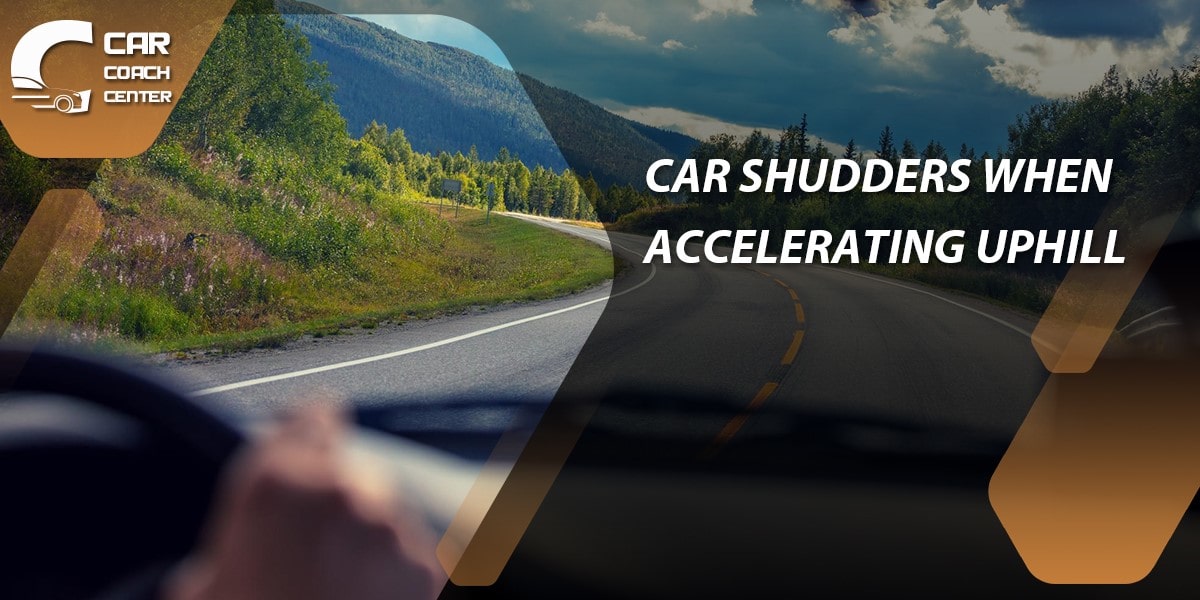
Broken Engine Mounts
Shuddering Caused by Loose or Faulty Motor Mounts
One of the most common sources of car shuddering when accelerating uphill is loose or broken engine mounts. Motor mounts are responsible for securing the engine to the car frame and dampening vibrations. Over time, these mounts can become worn out or damaged, leading to excessive engine movement and resulting in a noticeable shudder during acceleration.
To diagnose if broken engine mounts are the culprit, you can visually inspect them for any signs of damage or wear. Look for cracks, tears, or excessive movement in the mounts. If you suspect that your engine mounts are the issue, it is recommended to have them inspected and replaced by a professional mechanic.
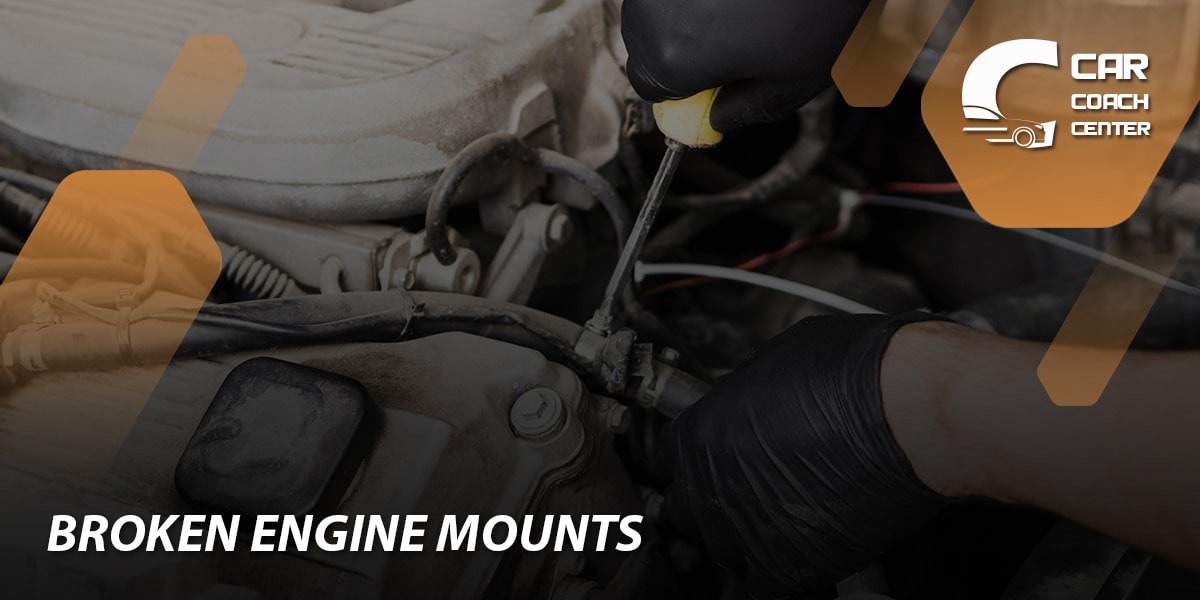
Dirty/Worn-Out Spark Plugs
Misfires and Shuddering Associated with Faulty Spark Plugs
Another potential cause of car shuddering when accelerating uphill is dirty or worn-out spark plugs. Spark plugs play a critical role in igniting the air-fuel mixture in the engine cylinders. If the spark plugs are dirty or faulty, they can cause misfires, leading to a lack of power and a noticeable shudder during acceleration.
To check if your spark plugs need replacement, you can inspect them for signs of wear or carbon buildup. If the spark plugs appear dirty or have worn electrodes, it is recommended to replace them. Consult your vehicle’s manual or seek professional advice to ensure you choose the correct spark plugs for your specific make and model.
Loose Wheel Nuts
Wheel Wobble and Shuddering Caused by Improperly Torqued Lug Nuts
Loose wheel nuts can also contribute to a shuddering sensation when accelerating uphill. If the lug nuts that secure the wheels to the car are not properly torqued or become loose over time, the wheels may wobble slightly during driving, causing the car to shake and shudder, especially when accelerating.
To address this issue, it is important to check the tightness of the lug nuts regularly. Use a torque wrench to ensure the lug nuts are tightened to the manufacturer’s recommended specifications. If you notice any loose or damaged lug nuts, replace them immediately to prevent further issues.
Unbalanced Tires or Tire Problems
Vibration and Shuddering Caused by Tire Imbalance or Damage
Unbalanced tires or tire-related problems can contribute to the shuddering sensation when accelerating uphill. If your tires are not properly balanced, they can create uneven weight distribution, leading to vibrations and a noticeable shudder. Additionally, worn-out or damaged tires, such as those with bulges or tread separation, can also cause similar issues.
To address tire-related problems, start by having your tires balanced by a professional tire shop. They will ensure proper weight distribution and minimize vibrations. If your tires are damaged or worn out, it is essential to replace them to maintain optimal driving performance and safety.
Damaged Inner CV Joint
Shuddering Caused by CV Joint Wear and Tear
A damaged inner CV (constant velocity) joint can also be a potential cause of car shuddering when accelerating uphill. The CV joints are responsible for transferring power from the transmission to the wheels while allowing for smooth rotation. Over time, the protective boots covering the CV joints can become damaged, leading to the ingress of dirt and moisture and causing wear and tear on the joints.
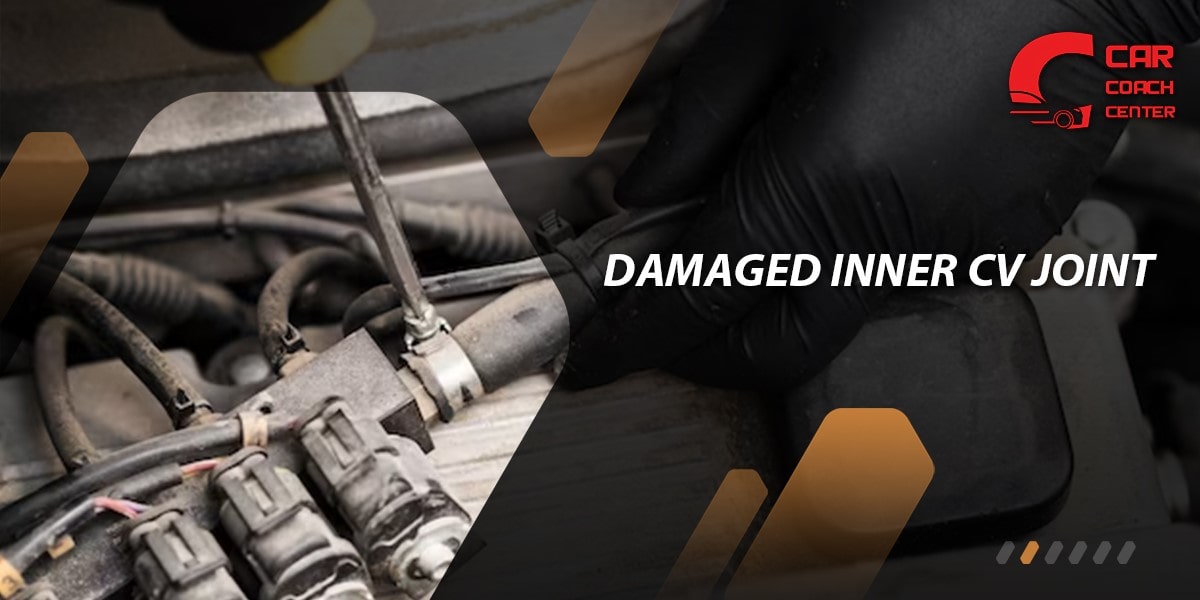
If you suspect a damaged CV joint, inspect the protective boots for any tears or leaks. Excessive grease around the joint or a clicking sound during turns can also indicate CV joint issues. It is advisable to have a professional mechanic inspect and replace the damaged CV joint to ensure optimal driving performance.
Bent Axle or Driveshaft
Vibrations Caused by Axle or Driveshaft Misalignment
A bent axle or driveshaft can contribute to vibrations and shuddering when accelerating uphill, especially in rear-wheel-drive vehicles. The driveshaft transfers power from the engine to the wheels, and any bend or misalignment can result in an imbalance that causes vibrations.
If you suspect a bent axle or driveshaft, it is recommended to have a professional mechanic inspect and diagnose the issue. Replacement of the bent component may be necessary to restore smooth and safe driving conditions.
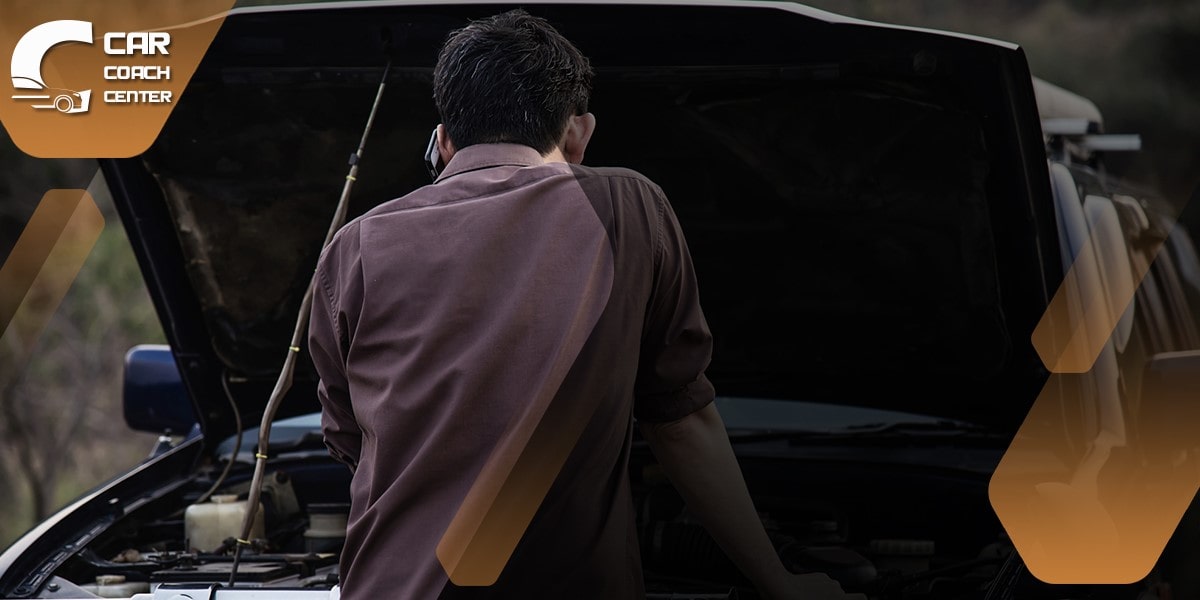
Stuck Brake Calipers
Shuddering Caused by Brake Calipers Not Releasing Properly
Stuck or seized brake calipers can also lead to shuddering when accelerating uphill. Brake calipers are responsible for applying pressure to the brake rotors, allowing the vehicle to slow down or stop. If a brake caliper fails to release properly, it can cause constant friction on the rotor, resulting in vibrations and shuddering.
If you suspect a stuck brake caliper, it is crucial to have it inspected and repaired by a qualified mechanic. They will assess the condition of the caliper and determine if it can be repaired or needs replacement. Ignoring this issue can lead to further damage to the brake system and compromise your safety on the road.
Other Potential Causes
Additional Factors Contributing to Car Shuddering When Accelerating Uphill
While the aforementioned causes are the most common culprits for car shuddering during uphill acceleration, there are other potential factors that may contribute to this issue. These include:
- Faulty ignition system components (e.g., spark plug wires, distributor)
- Clogged fuel injectors or fuel filter
- Transmission issues (e.g., low fluid levels, damaged solenoids)
- Engine misfires due to a malfunctioning sensor or control module
- Worn-out or damaged suspension components
If you have ruled out the primary causes mentioned earlier or suspect multiple issues, it is advisable to consult a professional mechanic for a comprehensive diagnosis and appropriate solutions.
How to Fix the Shuddering Issue
Steps to Address Car Shuddering When Accelerating Uphill
Once you have identified the underlying cause of the shuddering issue, you can take appropriate steps to address and resolve the problem. Here are some general guidelines for fixing the most common causes:
- Broken Engine Mounts: Replace the broken or worn-out engine mounts with new ones to minimize engine movement and vibrations.
- Dirty/Worn-Out Spark Plugs: Replace the spark plugs if they are dirty or worn-out to ensure proper ignition and minimize misfires.
- Loose Wheel Nuts: Tighten the lug nuts to the manufacturer’s recommended specifications using a torque wrench.
- Unbalanced Tires or Tire Problems: Have your tires balanced and replace any damaged or worn-out tires.
- Damaged Inner CV Joint: Replace the damaged CV joint and ensure the protective boots are intact to prevent further wear and tear.
- Bent Axle or Driveshaft: Consult a professional mechanic to inspect and replace the bent component if necessary.
- Stuck Brake Calipers: Have the stuck brake caliper inspected and repaired by a qualified mechanic.
It is important to note that some of these repairs may require professional assistance. If you are not confident in your ability to perform the necessary repairs, it is best to consult a trusted mechanic for assistance.
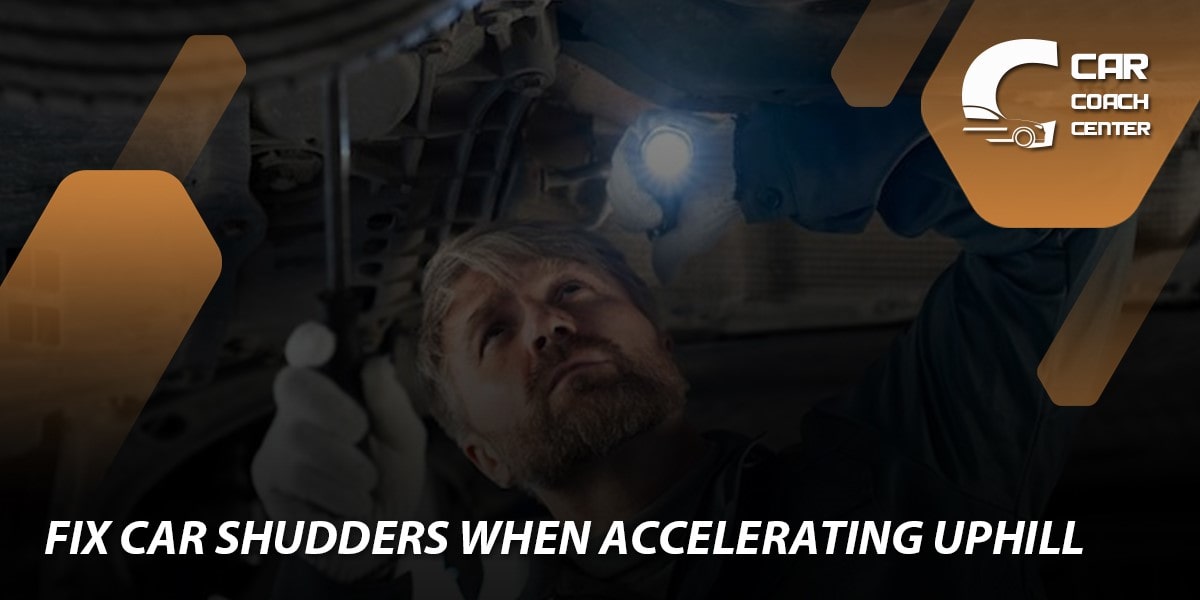
10. Conclusion
Experiencing a shudder or shake when accelerating uphill can be a frustrating and worrisome issue. However, by understanding the potential causes and following the appropriate solutions outlined in this guide, you can address the problem effectively. Whether it is replacing broken engine mounts, addressing spark plug issues, or resolving tire-related problems, taking timely action will help ensure a smooth and enjoyable driving experience.
Remember, if you are unsure or unable to diagnose and fix the issue yourself, it is always best to consult a professional mechanic. They have the expertise and knowledge to accurately identify and resolve any underlying problems, ensuring your vehicle operates optimally and safely.
For more information and helpful tips on car maintenance and repairs, visit carcoachcenter.com.
What are the common causes of a car shuddering when accelerating uphill?
There are several possible reasons a car might shudder when accelerating uphill: 1. Worn or damaged spark plugs 2. Transmission issues 3. Faulty fuel system 4. Engine misfires 5. Damaged or worn suspension components
What can you do to diagnose and fix the car shuddering issue when accelerating uphill?
To diagnose and fix the issue, follow these steps: 1. Inspect and replace spark plugs 2. Check the transmission 3. Inspect the fuel system 4. Diagnose engine misfires 5. Assess the suspension
How can you prevent car shuddering issues when accelerating uphill in the future?
To help prevent car shuddering issues when accelerating uphill, follow these maintenance tips: 1. Regularly replace spark plugs 2. Maintain the transmission 3. Keep the fuel system clean 4. Perform routine engine maintenance 5. Inspect and maintain the suspension

